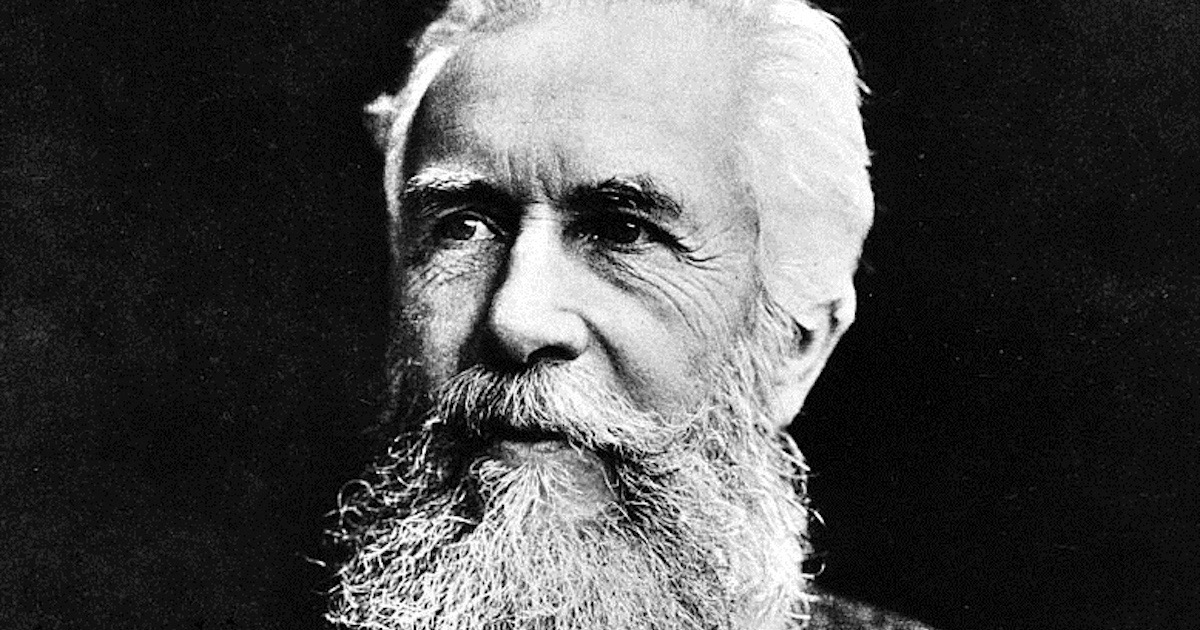 Culture & Ethics
Culture & Ethics
 Evolution
Evolution
New Book: Social Darwinism Among the Biologists

Editor’s note: For Parts 1 and 2 of Professor Weikart’s review of Social Darwinism, see here and here respectively.
One of the key problems with Jeffrey O’Connell and Michael Ruse’s new book on Social Darwinism is what it omits: substantive discussion of social Darwinism among Darwinian biologists, especially the kind of social Darwinism that justified militarism, racism, and even racial extermination. To be sure, they do discuss Darwin himself — they couldn’t really get around that. However, from Darwin’s time until Julian Huxley in the mid 20th century, the only biologists mentioned are those who opposed social Darwinism — e.g., Thomas Henry Huxley. (I should note that despite his rejection of evolutionary ethics, Huxley was not entirely free of social Darwinism — see my essay on this here.)
The figures during this period that they do discuss are industrialists, military men, and politicians. Why is this? It is not for lack of examples, because many Darwinian biologists in the late 19th and early 20th century were social Darwinists who promoted laissez-faire capitalism and/or militarism and/or racism and/or racial extermination.
Omitting Haeckel
The most conspicuous omission is Ernst Haeckel, the leading Darwinian biologist in Germany. Actually, the authors do discuss Haeckel briefly, but their comments misleadingly imply that he was not a social Darwinist. For instance, they mention that he opposed World War I. However, they conveniently don’t explain that the reason he opposed European countries fighting each other was because he thought European wars killed the wrong people — the best and brightest, the so-called “fittest.” Thus, he thought Europeans should focus their military activities on exterminating “inferior” races in colonial wars. The authors also forget to mention that during World War I Haeckel changed his mind and wrote an entire book justifying the German war effort and promoting German expansionism. In that work he interpreted the First World War as an expression of the Darwinian struggle for existence.
Haeckel was by no means an outlier. As I’ve shown in From Darwin to Hitler, many German biologists embraced social Darwinist militarism and racial extermination. Many American biologists also promoted social Darwinist positions. Henry Fairfield Osborn, professor of zoology at Columbia University in the early 20th century, wrote a foreword to Madison Grant’s racist screed, The Passing of the Great Race. Charles Davenport, a Harvard professor who founded the Eugenics Record Office, promoted immigration restrictions against the allegedly inferior stock that was coming to the United States in the early 20th century. Social Darwinist racism was so mainstream in early 20th-century America that it appeared in standard biology textbooks.
Huxley and Wilson
Despite ignoring all these scientists who promoted social Darwinist positions, the authors do later discuss Julian Huxley, a politically progressive biologist who promoted evolutionary ethics, and E. O. Wilson, the founder of sociobiology. However, they don’t really make clear if they think Huxley was a social Darwinist or not. They also don’t explicitly say that Wilson is a social Darwinist, but they seem to imply it by tagging him as a Spencerian (see my previous post on Darwin and Spencer).
Why is this omission so problematic? After all, this is a short book and they cannot discuss everything. The reason is because it implies that social Darwinism was a position taken by non-scientists who just didn’t understand the science when they applied Darwinism to political and social thought. It neglects an important facet of the story: Many Darwinian biologists and anthropologists in the late 19th and early 20th centuries argued that biological inequality, racism, and militarism were based on sound scientific (i.e., Darwinian) principles. Haeckel, for instance, scorned socialists for their un-Darwinian egalitarianism. You will not discover it in this book, but in its heyday social Darwinist racism and militarism were considered scientific.
